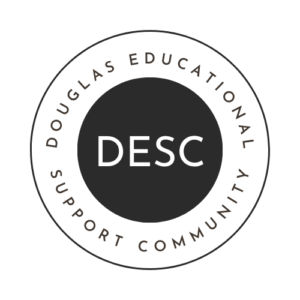
Image from The Opte Project
(CC BY-NC 4.0)
“What would you do if you suddenly had to deliver your face-to-face class online, and with minimal preparation time?”
This was the question Michelle Jickling, Instructional Designer and E-Learning Developer for Douglas College’s Training Group, and Steven Bishop, Douglas College Learning Designer, discussed in the first of a series of episodes exploring digital literacies.
We used Blackboard Collaborate online meeting software to model the solutions we were proposing, since we were both at different locations. Here are the topics, images, and links discussed during the session:
Top Five Essentials for going from face-to-face course delivery to online delivery:
- Organize and collate the (existing) essential deliverables into a logical pattern (e.g., navigation information, weekly content folders, and assessment descriptions).
- Decide what kinds of communication are most practical (e.g., course messages, email, synchronous online meetings, and asynchronous discussion forums).
- Work backwards from the (existing) means of assessment to develop the assessment tools, Grade Center, and communication of grades and feedback to students.
- Set up the course for basic delivery (e.g., create content areas, folders, items; upload files).
- Deploy Blackboard tools as appropriate for all of the above.
Additional Considerations:
- Student communications: synchronous meetings may be limited due to bandwidth, or access to reliable online services.
- Means of assessment: other than proctored examination, Blackboard assessments would primarily be useful as open-book quizzes and formative assessments.
- Instructional presence: an essential consideration not addressed in the list above.
SAMR = Substitution, Augmentation, Modification, and Redefinition
How Technology Can Improve Learner-Centred Teaching
Douglas College Blackboard Faculty Resources
DEN (Douglas Educators Network) Blackboard Organization
Blackboard Collaborate online meeting software—Help for Moderators
We would like to acknowledge that we live, learn, work, and play on the unceded traditional territories of the Coast Salish Peoples of the QayQayt and Kwikwetlem First Nations.
